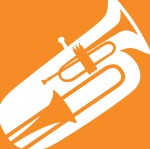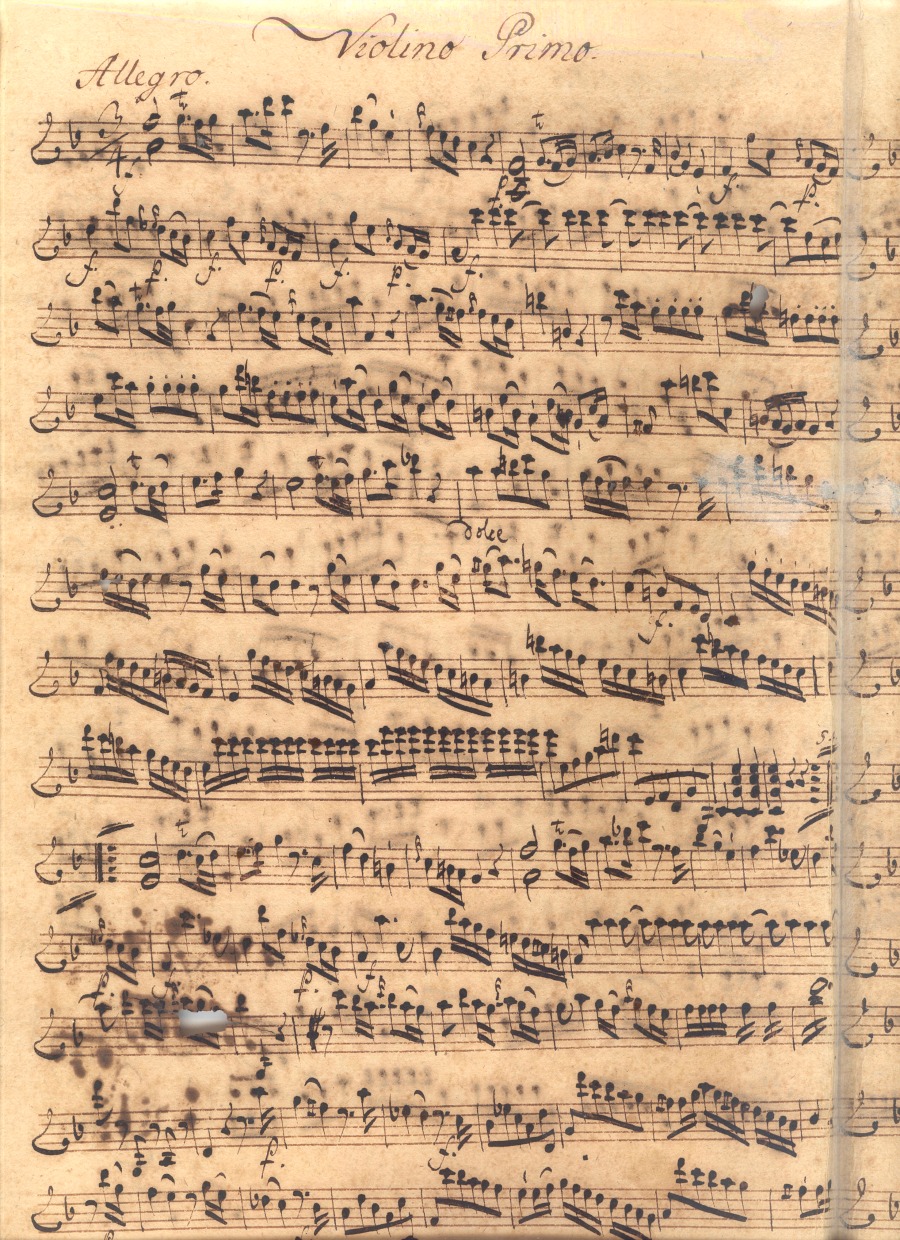Music in the Moravian Church, Southern Province (Winston-Salem, NC)
Winston-Salem is known as the city of arts and Innovation and is widely revered for its quality of music. The excellence in music dates back to the beginnings of the Wachovia tract, a settlement of the German Moravian settlers who had already established Bethlehem, Nazareth and Lititz in Pennsylvania. They first built Bethabara (1753), then Bethania (1759), before carving the town of Salem (began in 1766, established 1771) out of the wilderness.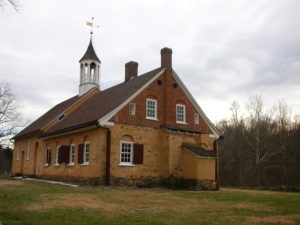
In Bethabara, they imported the first organ to NC. A set of trombones was sent soon after. The Wachovia Moravians entertained, with instruments and singing, visitors such as Governor and Lady Tryon in 1767 and later, President George Washington. In Bethlehem, travelers such as Benjamin Franklin commented on the fine music present in the everyday lives of the Moravians.
These accomplished musical Moravians did not seek accolades or approval from the public, but wanted to offer the best music in praise to their Savior, Jesus Christ. Excellent music, singing, playing enhanced the worship experience and was valued as a gift from God, not praised for the achievement of the musician. With the exception of some instrumental music, the text is of utmost importance and the instrumental parts serve only to enhance the message. This approach survives today in the practice of Moravian composers and musicians.
Brother John Antes made one of the first violins in America and Brother David Tannenberg was the first American organ builder (Lititz, PA). Br. Antes also composed the first chamber music written by an American (while in Egypt). Brother Johann F. Peter (from Holland) wrote some of the earliest chamber music in America.
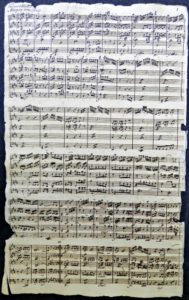
The Moravians were responsible for importing and introducing some of the finest European music to the New World. In Bethlehem, the first Bach Choir was formed (still the oldest in the country) and the same choir presented the American premiere performance of Franz Josef Haydn’s The Creation.
These Moravians continued writing music for worship and for pleasure throughout the nineteenth century. Into the twentieth century, men and women in the Moravian church have written countless songs, hymns, hymn texts, anthems, organ works, orchestral music and music for bands and various instrumental ensembles.
The list of Moravian composers in Europe, America, and elsewhere, is over 50, and still increasing. Most of them fulfilled roles of management, teachers, pastors, and even bishops, in settlement congregations, while creating music in their “leisure time.”
Some names to note and/or research:
John Antes
Johann Christian Bechler
Christian Ludwig Brau
Jeremiah Dencke
Ernst Immanuel Erbe
Johann Ludwig Freydt
John Gambold, Jr.
Joh. Gottfried Gebhard
Christian Geisler
Johann Geisler
Christian Gregor
Johann Daniel Grimm
Franz Florentin Hagen
Johannes Herbst
Christian Jaeschke
Christian Latrobe
Edward Leinbach
Heinrich Lonas
David Moritz Michael
Johann Friedrich Peter
Simon Peter
Johann Till
Jacob Van Vleck
Amelia Van Vleck
Lisetta Van Vleck
Woldemar Voullaire
Peter Wolle
Frederick Wolle
John Worthington
Beginning in the 1930s and 1940s, scholars and musicians discovered a veritable treasure trove of music in the archives of the Moravian Church in America – manuscripts, early printed music, much of it in German. As they explored more, they were awestruck at the quantity of music, and the variety of composers – those known to be Moravian, and those known in wider musical circles.
Working with American-born and trained conductor, Thor Johnson (son of a Moravian minister and native of Winston-Salem, NC), a group of clergy and laypersons in Bethlehem, Pennsylvania, decided to hold an Early American Moravian Music Festival and Seminar, in Bethlehem, on June 26-July 2, 1950.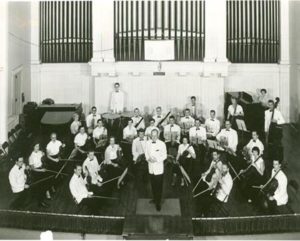
Since then, the Moravians have planned and hosted 23 more Festivals, and in 2017, hosted the 25th Moravian Music Festival in Winston-Salem, NC. Past Festivals
And in 2018, Moravians in Winston-Salem host the 3rd International Brass Festival of the Worldwide Moravian Unity.

